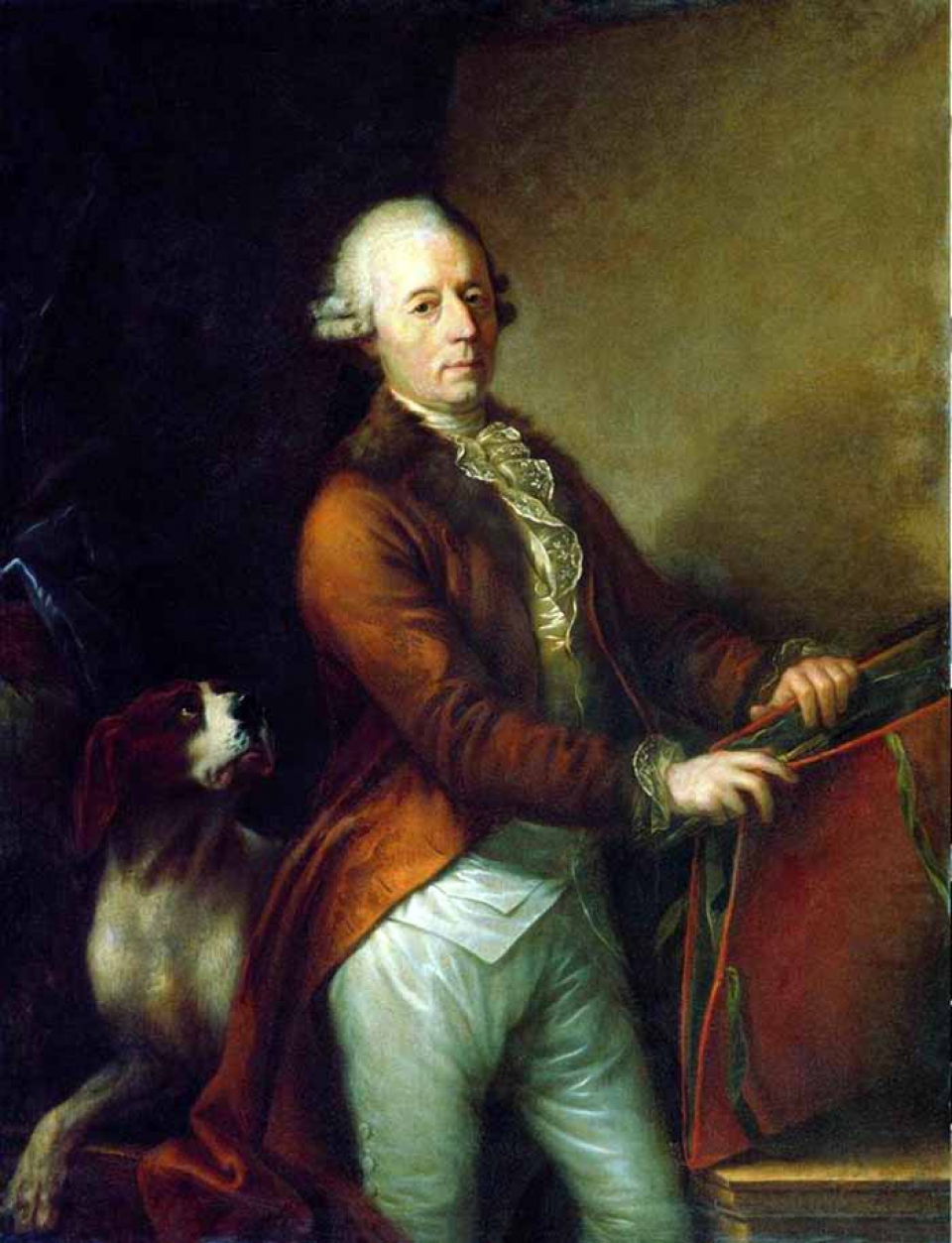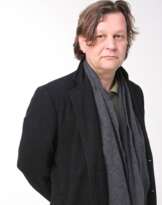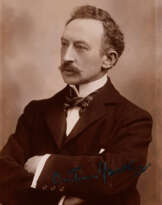Johann Friedrich Grooth (1717 - 1801)

Johann Friedrich Grooth
Johann Friedrich Grooth (Russian: Иван Фёдорович Гроот) was a German painter, celebrated for his exquisite animal paintings. Born in 1717 in Stuttgart, Grooth moved to St. Petersburg in 1743 where he would make his mark as a court painter to Empress Elizabeth Petrovna of Russia. His specialized talent in depicting animals with lifelike accuracy earned him high respect and prestigious commissions at the Russian court.
Grooth's artistry was particularly notable in his attention to detail, capturing the delicate features of bird feathers and animal fur. His works often portrayed scenes with animals and birds, rendered with such realism that they served not only as art but also as educational models in the Russian Academy of Arts, where he later taught.
Among his renowned works is "Two Toy Spaniels at a Sugar Bowl," painted in 1757, which exemplifies his skill in capturing the essence of his subjects. This painting, like many of his works, is celebrated for its intricate detail and vibrant life, capturing the spirit of the animals he painted so fondly.
For collectors and art enthusiasts interested in the unique blend of German artistry and Russian imperial history, Johann Friedrich Grooth's works are a testament to the rich cultural interplay of the 18th century. To stay updated on new acquisitions and auction events featuring Grooth's work, sign up for our newsletter.
| Date and place of birt: | 23 april 1717, Stuttgart, Germany |
|---|---|
| Date and place of death: | 18 february 1801, St. Petersburg, Russian Empire |
| Nationality: | Germany, Russia, Russian Empire |
| Period of activity: | XVIII century |
| Specialization: | Animalist, Artist, Painter |
| Genre: | Animalistic, Portrait, Still life |
| Art style: | Neoclassicism, Rococo |































